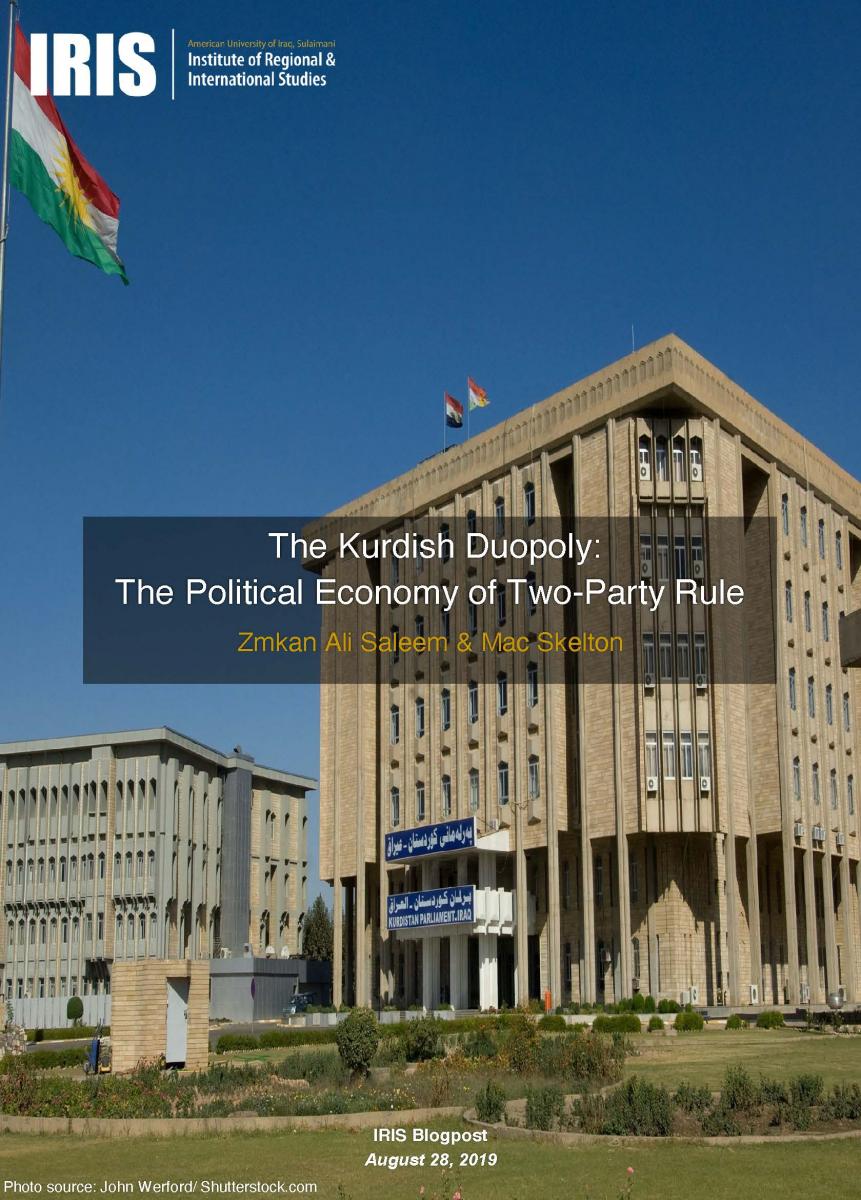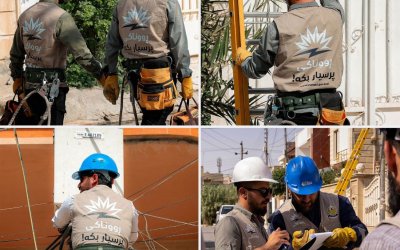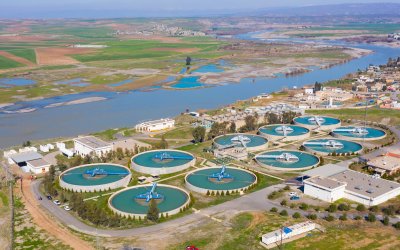The violence and political instability of the post 2003 era has generated a shifting set of alliances and blocs throughout much of Iraq, with the exception of the Kurdish region, which has witnessed a repeated reassertion of the longstanding norm: The region is co-ruled by a two-party duopoly under two powerful families – with the Barzanis controlling Erbil and Dohuk, and the Talabanis controlling Sulaimani while also exerting outsized influence over Kirkuk. What is the source of this remarkable consolidation of power – which has led to the appearance of overall political stability? The aim of this piece is to understand this question primarily from the standpoint of political economy: Rather than Kurdish nationalism or identity, the most powerful glue that binds the region together is a system of resource distribution and patronage.
This piece was co-published with the London School of Economics Middle East Centre.
Click here or on the report cover below for the full brief.






